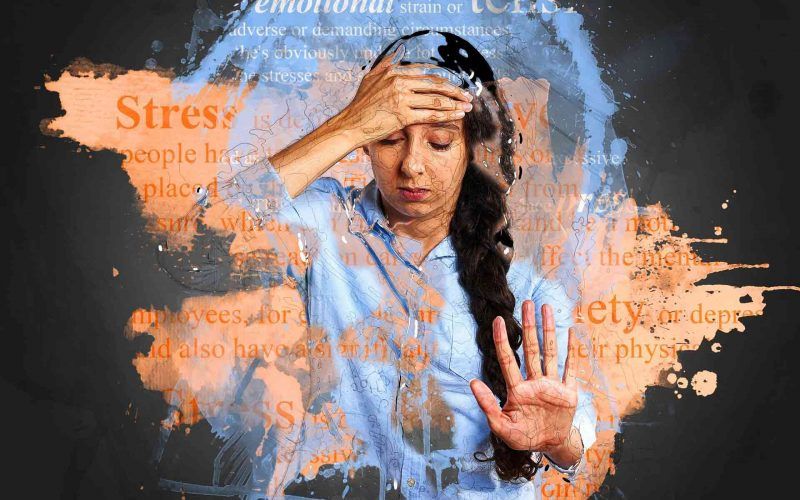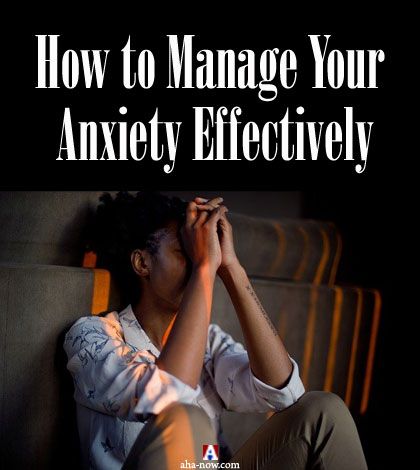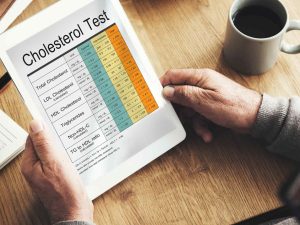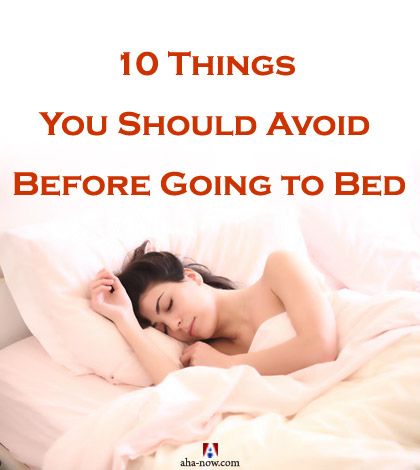How to Manage Your Anxiety Effectively

Table of Contents
Anxiety can interfere with your daily functioning. However, it is possible to manage your anxiety. Identifying your anxiety trigger and writing down your thoughts can greatly help reduce your anxiety. So can exercising, healthy eating and a proper sleep. Here are more ways to manage your anxiety so your life becomes much easier. ~ Ed.

Anxiety can distract and keep you away from the things that you enjoy. There are some things you can do on your own to help your anxiety and racing thoughts. Some of these ideas may be temporary solutions, but they can still be good management techniques combined with long-term methods or anxiety therapy.
The trouble with anxiety is it keeps you stuck in an emotional feedback loop. You are afraid to take action, even though you suspect that doing something will make you feel better. In order to break the cycle of anxiety, it is crucial to take one step forward. You will start feeling better when you use strategies to cope with your anxiety.
Here are eight techniques and ideas you can use to manage anxiety. You can pick and choose which ones work for you. Some of these eight methods may work better for you than others. If you find that you are not improving from one, move to another or combine more than one method. Some people find that they work best when combined with therapy as well.
8 Ways to Manage Your Anxiety
We know that while exercising the body releases endorphins that help relieve pain and stress. Apart from that healthy eating, breathing, and practicing mindfulness also helps. Know about more ways to manage to anxiety.
Identify Triggers
It is crucial to examine what your triggers are when it comes to anxiety. Knowing what sets you off is half the battle. You want to know what makes you anxious. If you are unsure about what sets you off, a mental health professional can help you identify your triggers. It is a technique that a therapist can help you with, but it may also be possible to do it on your own. Some triggers are more obvious than others. Some common ones are caffeine, alcohol, stressful work environments or situations, driving, or certain medications.
If your trigger is something that you cannot change, it may take additional resources or techniques. However, just knowing that the thing is the cause of your anxiety may help you cope. For triggers that you can avoid or limit your exposure to, identifying them is the first step in reducing your overall anxiety levels.
Write Down Your Thoughts
One common technique used to manage symptoms associated with anxiety is to write down your thoughts. This will help you get the anxious thoughts out of your head and put these thoughts into perspective. This is an especially good method for managing sporadic anxiety, but it could help with social anxiety or generalized anxiety disorder as well.
When you see your thoughts on paper, it makes them feel less overwhelming. Anxiety thrives on ambiguity. Once you demystify what is making you anxious by taking pen to paper and writing it down, you have the power. You know what is bothering you, and you can do something about it.
Related Posts
Exercise
We all know that exercise is an essential component of overall physical health, but it is also great for mental health and wellbeing. When you exercise, your body produces pleasure hormones such as dopamine. Working out can ease anxiety while simultaneously providing you with a mental escape. Try to exercise for at least a few hours every week.
If you do not like lifting weights or running on a treadmill, you can still exercise while having fun. Play a game of basketball or take a morning stroll around your neighborhood.
Healthy Eating
Mental health and food are interconnected. What you put in your body can easily influence your anxiety. You need to treat your body with care, and that includes being aware of what you are putting in it. Eating a balanced diet rich in nutrients can be great for your mental health.
Additionally, limiting alcohol, caffeine, sodium, fat, and sugar can go a long way towards anxiety relief. Some supplements may be beneficial as well. Lemon balm, green tea, ashwagandha, kava kava, valerian root, and dark chocolate may all help anxiety for some people.
Breathing
Breathing is an integral part of keeping anxiety at bay. You can always count on your breath to ground you and distract you from panicking. Deep breathing can help anxiety because it tells your brain that you are okay. You are reassuring yourself as you inhale and exhale. This can help your body and mind simultaneously relax.
One method is to breathe in for 4 seconds and then breathe out for 4 seconds. Do this for a total of 5 minutes when you feel your anxiety coming on, and you may find that your anxiety does not progress past that point.
Practice Mindfulness
Mindfulness allows us to focus on the present without judgment. This can help us avoid anxiety because our thoughts tend to be about the future or the past.
People commonly use yoga and breathing techniques to achieve a peaceful state of mind that relieves their racing thoughts and other symptoms associated with anxiety.
Sleep
Quality, restful sleep is crucial to our overall well-being. We need sufficient sleep so that we can properly perform, remember, and think. This includes the quality and the quantity of sleep that we get. There are some simple things you can do to improve your sleep patterns.
One tip is to leave your computer and phone screens alone for about an hour before you are going to go to bed. Also, it’s good to keep to a schedule so that your body and mind are used to the times that you go to sleep and wake up.
Do Something
A lot of people find that doing something, particularly something they enjoy, is a good way to get their minds off their anxiety. This can also release dopamine that makes us feel good.
Whether you enjoy reading, playing music, writing, or playing with your kids, you may find that just taking the time to enjoy life can go a long way towards reducing your symptoms of anxiety.
Final Thoughts on Managing Anxiety
There are a lot of ways to help your anxiety. The important thing is to find what works for you and do that.
Some people do best by avoiding their triggers, while others give themselves time each day to worry without judgment. Others like to face their fears and anxieties head-on. Try different combinations of techniques until you find what works for you and find a therapist if you do not find the relief that you crave.
Over to you
What are your tips to manage anxiety? Share them in the comments section.
Disclaimer: We're not offering any medical advice here. These ideas are for educational and entertainment purposes only. Always seek a professional medical opinion from a physician of your choosing before making any medical decision. The information provided here is not intended to be a substitute to the advice given by your physician or another healthcare professional.
Disclaimer: Though the views expressed are of the author’s own, this article has been checked for its authenticity of information and resource links provided for a better and deeper understanding of the subject matter. However, you're suggested to make your diligent research and consult subject experts to decide what is best for you. If you spot any factual errors, spelling, or grammatical mistakes in the article, please report at [email protected]. Thanks.















Great post about anxiety. Many people suffer from anxiety and stress, they can’t even figure out how to handle such situations. Your post is very helpful!
Sometimes my anxiety acts up and I have a system in place, but other times I have no idea what to do, like my brain just shuts down. Thank you for these tips, I will keep them in mind.
I manage my anxiety through writing and photography, I like to keep myself busy even during quarantine. I also watch feel-good movies and avoid dramas that are triggering – movie synopsis and category check comes first before playing the video.